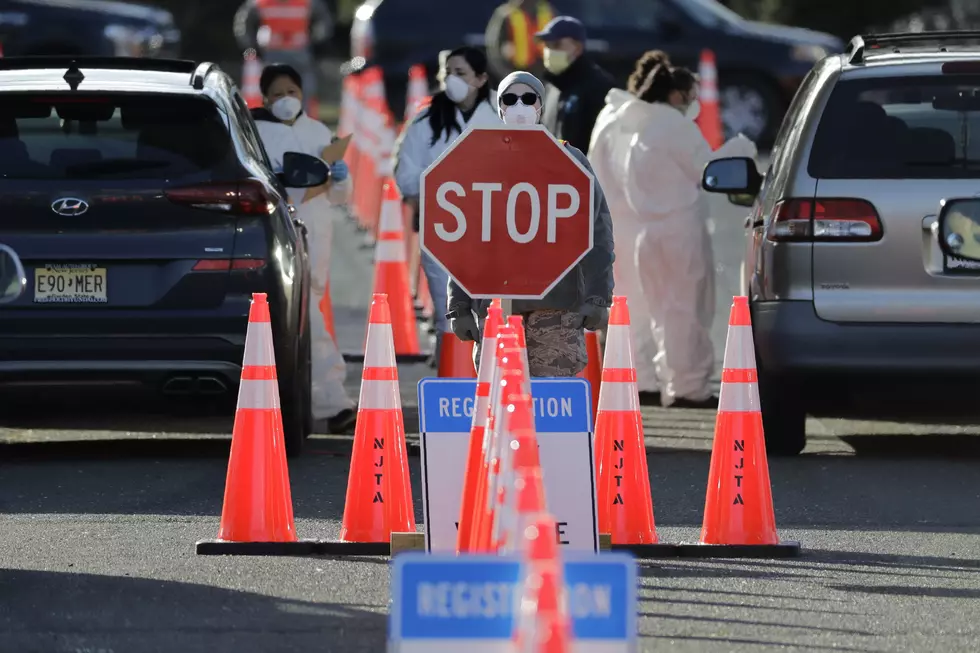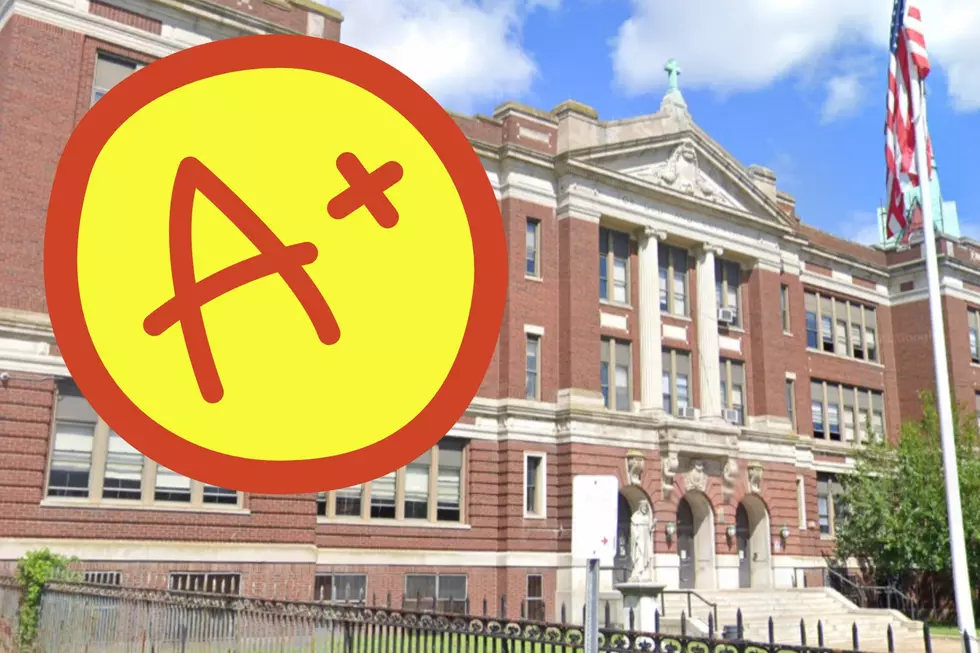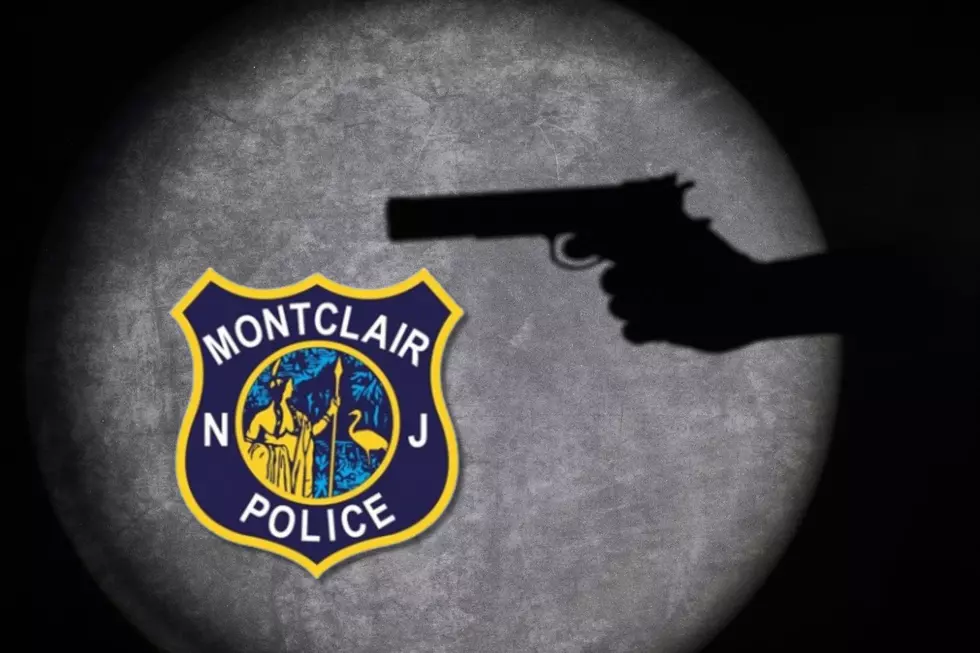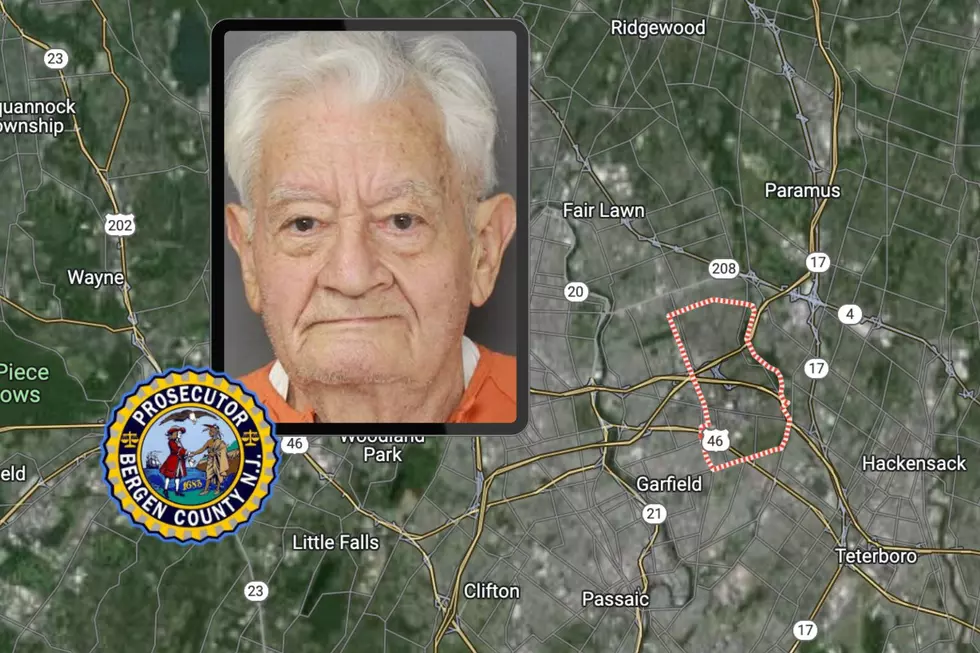
2 years after the first COVID case in NJ, how has the state done?
Two years ago, on March 4, 2020, New Jersey had its first confirmed case of a frightening new virus that was suddenly showing up all over the world.
At the time most people were calling it the coronavirus.
Since then, more than 70% of the Jersey population has received a revolutionary type of COVID vaccine developed during Operation Warp Speed, but there have also been more than 30,000 confirmed deaths in the Garden State from the virus.
Dr. Perry Halkitis, an infectious disease expert and the Dean of the Rutgers University School of Public Health, said while the number is shockingly high New Jersey did very well in its initial response to COVID.
We had to scramble
He said we need to remember that New Jersey was one of the first states bombarded by the virus and “there was very little time to prepare, there was very little time to respond — the virus already infiltrated into the major cities and we had to scramble.”
He said because New Jersey is the most densely populated state in the nation, “it’s much easier to transmit that agent among ourselves when we are living on top of each other, when we are so closely populated."
He also noted, “We’ve done very well when compared to the rest of the country, first and foremost in terms of our vaccination rates, in terms of addressing hesitancy in terms of populations.”
If we knew then what we know now
Halkitis said much has been learned about COVID over the past two years and if we knew then “what this virus was like, that this virus was coming, what this virus would do, sure we might have prepared differently because we would have had the knowledge, but we didn’t have any of that knowledge.”
He pointed out if we knew what we were dealing with when COVID first started appearing, “we may have extended closures, we may have extended lockdowns, we might have closed earlier, we may have done all of those things had we known that the virus was infiltrating.”
He said when the AIDS epidemic first began in 1981, it was not understood this was a sexually transmittable disease, but as science led the way, “ultimately we were able to control it really effective ways for people who were willing to follow suggestions about how to keep themselves healthy.”
How bad really is COVID?
He pointed out there have been other recent viruses of note, such as Ebola and SARS but “the only real comparable pandemic infectious agent is the 1918 flu."
Halkitis said he is cautiously optimistic about the future of COVID.
“Yes, it will continue to exist. Probably it will get to a place where it’s endemic," he said, adding that annual deaths could eventually range from 20,000 to 40,000, mostly among those who are not vaccinated or boosted.
David Matthau is a reporter for New Jersey 101.5. You can reach him at david.matthau@townsquaremedia.com
Click here to contact an editor about feedback or a correction for this story.
2022 Seaside Heights Polar Bear Plunge photos
Gravy or sauce? These restaurants make the best red in Central Jersey
NJ Diners that are open 24/7
More From New Jersey 101.5 FM









